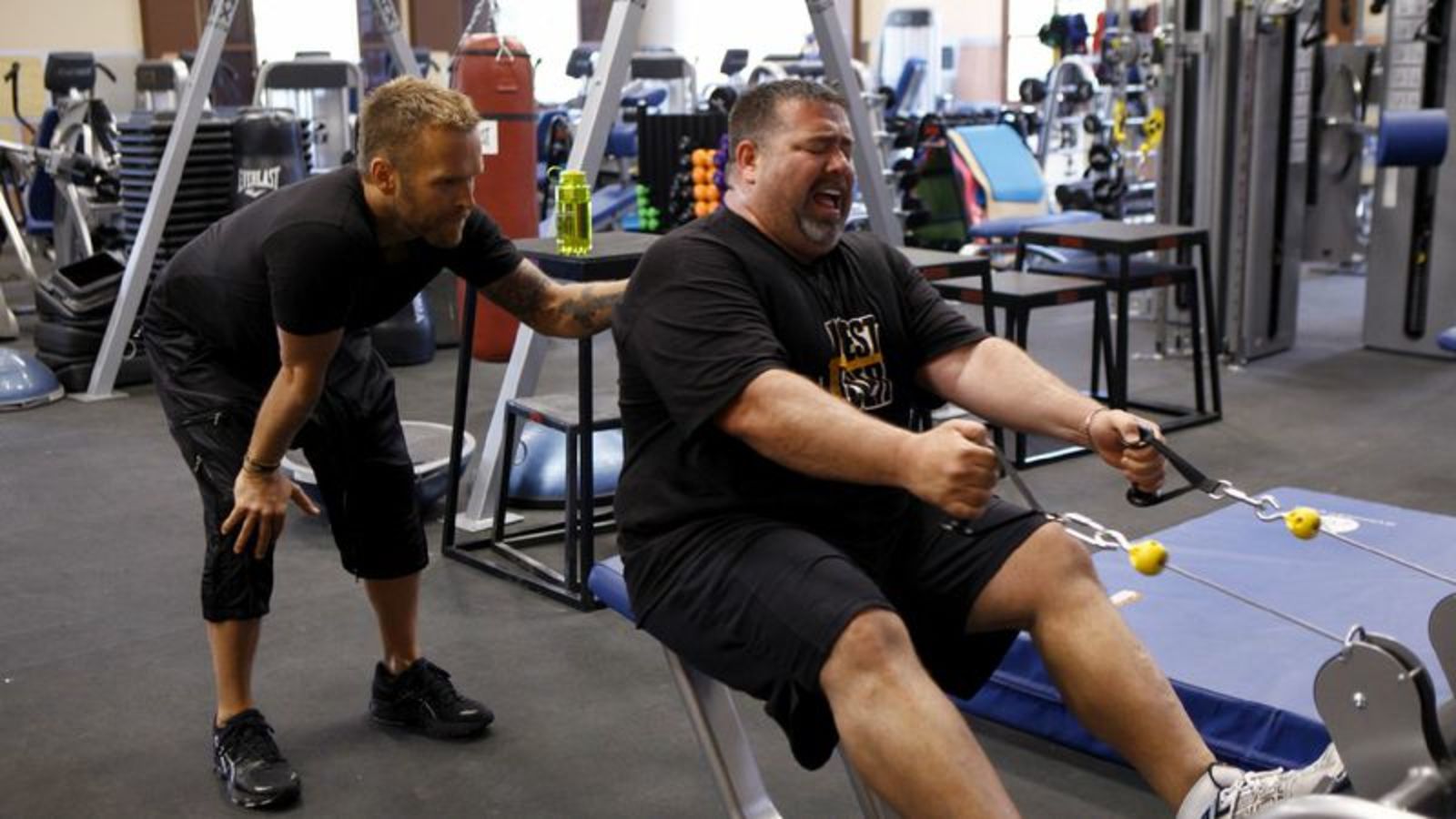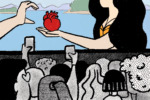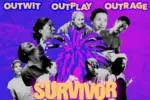Think about your favorite reality show — where are last season’s contestants now? What about those from two seasons ago? Reality TV shows like “Survivor,” “Real World,” “The Bachelor” and “The Biggest Loser” gain huge popularity because of their entertaining casts, but many contestants are left high and dry once their season is over.
The arguably unethical tactics reality shows use to produce high-drama episodes often result in psychological damage to their contestants: at least 21 reality show contestants committed suicide over the last decade. While lessening the factors that contribute to poor post-production experiences might be difficult, offering more support for reality stars is a fine place to start.
The Casting Process
A million-dollar prize, professional health training, a spouse, free travel and exhilarating adventures are all tough opportunities to turn down. But how does a cast member get chosen for a reality show in the first place?
In most cases, applicants are required to answer extensive psychological testing before appearing on reality TV. Unfortunately, it is unclear whether the tests are given to prevent high-stress situations or to encourage them.
Jesse Csincsak, who won Season 4 of “The Bachelorette,” believes his 1,200 multiple choice question psychological evaluation was designed to work against him. He suggests the producers of “The Bachelorette” want to know your fears, dating history and close friends to place you in uncomfortable, albeit teaser-worthy, situations.
The Filming Process
Along with casting people who already have intense personalities, reality TV relies heavily on editing to create stereotypical characters out of real people. While contestants might think their behavior normal during filming, their most mature moments on screen can easily be scrapped to have them fit labels like the drunk, the whore or the weirdo.
To make matters worse, the most scandalous cast members on reality TV often get more camera time and invites back to “all-star” seasons on shows like “Survivor,” “RuPaul’s Drag Race,” “Top Chef” and “Bachelor in Paradise.” In Amy Kaufman’s tell-all book, “Bachelor Nation,” she describes the interrogation-style interviews producers conduct with the show’s contestants.
She compares the interview style to the police interrogation of Brendan Dassey in “Making a Murderer,” which involved harsh repetition and incentive to cooperate. Kaufman also wrote about other ways “The Bachelor” gets their dramatic shots, including tracking female contestants’ periods and motivating crew members with bonus $100 bills to get footage of exciting moments.
In a research study done by “The Qualitative Report,” 13 out of 15 former contestants of “The Biggest Loser” reported they were unprepared for the manipulation that would occur for the purposes of entertainment. On top of pressure from crew members, many reality shows involve heavy alcohol consumption that helps intensify cast behavior.
“Bachelor in Paradise” recently had to enforce drinking rules on their cast members after a sexual assault scandal involving alcohol. The presence of alcohol, physical challenges or strict diets all affect the actions of contestants on reality television.

Back to Reality
After reality shows wrap filming, most cast members abruptly fall out of the spotlight. Transitioning from the rollercoaster that is reality television back to a slower paced life off-camera has proven difficult for many former stars. Susie Meister, a former contestant on multiple seasons of MTV’s “Road Rules” and “The Challenge,” spoke out about the traumatic aftermath her and her reality peers face.
Her experiences on reality TV came before the explosion of viral memes and gifs at the expense of celebrities, but she still left her shows with PTSD and anxiety diagnoses. Other “Real World” cast members, such as Frank Sweeney, also sought out counseling for PTSD.
Sadly, not all reality contestants can afford professional counseling and they are not offered assistance from producers post-production. In fact, financial situations are often worsened for former cast members.
Such was the case for Preston Roberson-Charles after his 2010 season of “Real World: New Orleans.” His behavior on the show ultimately left him homeless for two years, as employers could easily find any of his negative on-screen moments with a simple search of his name.
Other contestants, such as Nate Blackburn, feel pressured by fans to continue their intense television personas after their shows end and acquire drug and alcohol addictions. Blackburn eventually sobered up, but other contestants have gotten DUIs or even overdosed since they left the small screen.
At the end of the day, it’s still tempting to blame the contestants themselves. Didn’t they sign up for this? Technically yes: They all sign contracts agreeing to potential misrepresentation and emotional challenges. For some contestants, however, those challenges aren’t worth beautiful travel destinations and a bit of fame.
Reality TV plays a huge role in American culture and that is unlikely to change soon. The current President of the United States is a former reality star for goodness’ sake. What ought to change is how educated consumers are about their guilty pleasures, and the level of support production companies provide to their employees.
Watching programs with a critical eye can prevent falling into an abusive sense of superiority over reality stars and celebrities in general (look at how the public treats Demi Lovato!). The more viewers want cast members to receive counseling, the more likely production companies will spend money to make it happen.

















